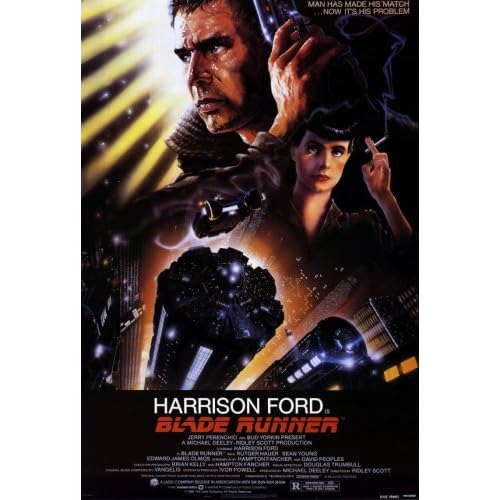
|
|
||||||||||||||||||||
|
|
 |
|
||||||||||||||||||
|
|
||||||||||||||||||||
|
|
|
|
|
|
|
|
|
|
||||||||||||
|
|
|
|
|
|
|
|
|
|||||||||||||
|
|
||||||||||||||||||||
|
#1421
|
||||
|
||||
|
Apocalypse now
__________________
 Quote: Originally Posted by Phalanx Because you want his maggot ridden dick dontcha |
|
#1422
|
||||
|
||||
|
Die Hard
__________________
"I be a bad zombie." |
|
#1423
|
||||
|
||||
|
Apocalypse Now.
__________________

|
|
#1424
|
||||
|
||||
|
Apocalypse Now.
Quote:
A perfect example is the scene in which the monster kills a child. In the book, it is out of frustration; he siezes the child and begs him to help him, but is only jabbed at with monster remarks and hideous screams of detestation. Out of panic and pure, spur-of-the-moment anger, the monster murders the child. Afterwards, he experiences sensations of power but also, later, guilt, a feeling of absolute humanity. In the movie, the victim is a little girl (of course, it's much more shocking!), and, as Mel Brooks pointed out years later in his comic spoof, throws the girl in the water because he can- they are out of flower petals, and he realizes he has the strength to drown the poor being. There is no call for the murder, and we, as an audience, are given no post-murder scenes of remorse or feeling at all. The creature simple bumbles onward. In Shelley's novel, the monster can think for himself, and obviously adapts humanistic emotions; in the movie, there is NO transformation between the creation of the monster and the death of him. Think of the most iconic screen capture from the film; it is Karloff emerging from his dungeon with a horrifying look of murder in his eyes- this is right before he murder's the doctor's assistant. And this image, this iconic, monsterous Karloff look, is the image that every person knows when the word Frankenstein is mentioned. This image. Not the image from the book where the monster pours out his guilty sins to a ship captain while tears literally stream down his face, not the scene from the book where he watches a family for a year and a half, dreaming of one day joining that family and living in peace. I guess I may have watched the film with different eyes, but when I see the ending I am left with a barbaric feeling of relief when the monster is destroyed and Dr. Frankenstein (thank God!) is returned to his rich household and beautiful, longing wife. There is no push for sympathy- instead, there is the idea that man created monster, man destroyed monster, man shouldn't play God- but if we do, we can handle it. Note that I am not speaking of Bride of Frankenstein, only the first installment.
__________________

|
|
#1425
|
||||
|
||||
|
7-2, Apocalypse Now sweeps over Die Hard.
__________________
"If you gaze for long into an abyss, the abyss gazes also into you." - Friedrich Nietzsche |
|
#1426
|
||||
|
||||
|
Round 3 Match 10
 Blade Runner (1982) Director - Ridley Scott vs.  Battle Royale aka Batoru Rowaiaru (2000) Director - Kinji Fukasaku
__________________
"If you gaze for long into an abyss, the abyss gazes also into you." - Friedrich Nietzsche |
|
#1427
|
||||
|
||||
|
He doesn't throw the girl in- he gently places her in the water out of sheer dumb innocence- he sees her as a pretty flower.
And the look on the creature's face is desperation. He murders Fritz to end his own torment, unable to deal with Fritz's torture any longer. |
|
#1428
|
||||
|
||||
|
Quote:
Blade Runner.
__________________

|
|
#1429
|
||||
|
||||
|
|
|
#1430
|
||||
|
||||
|
Blade Runner.
__________________

|
 |
|
|